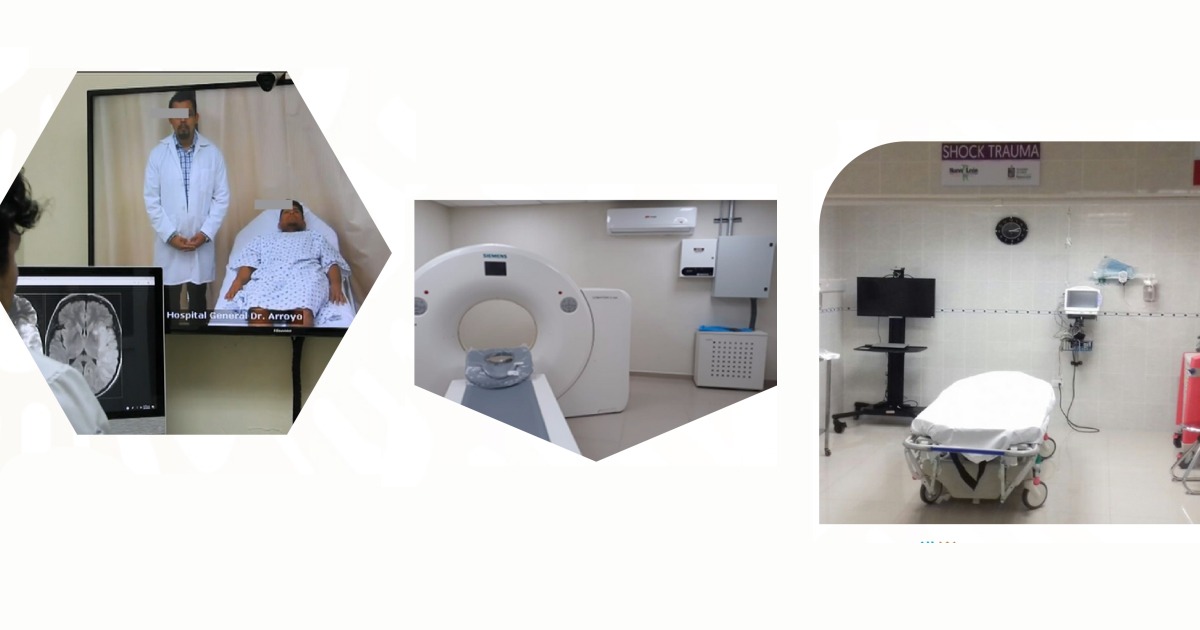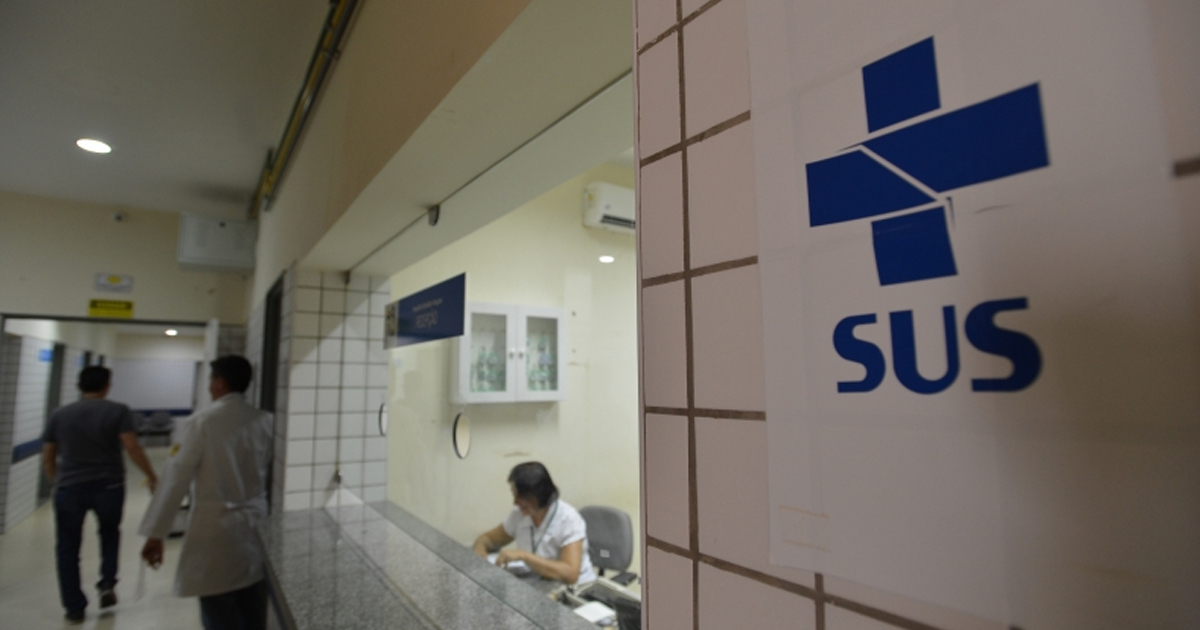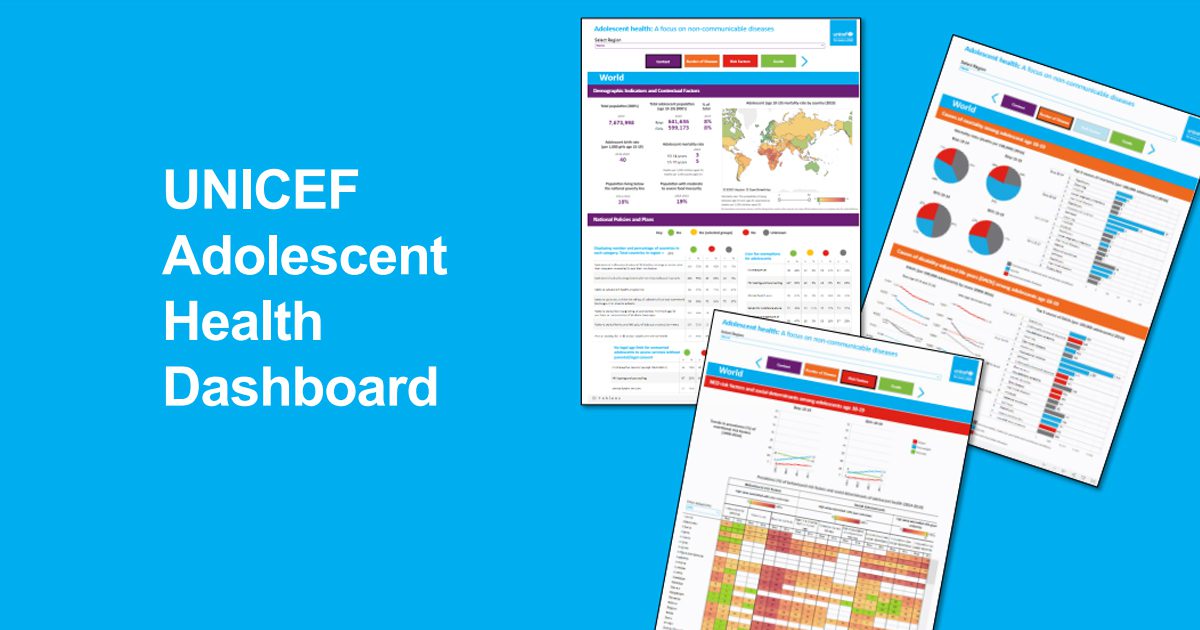The projects have been applied in different regions of South America and their objectives range from preventing disease to predicting epidemics of mosquito-related diseases.
There are several AI projects in Latin America at different stages. In them, scientists use algorithms based on Big Data and Machine Learning, to prevent and control diseases.
One of the projects is led by Dominican researcher Rianier Mallol alongside epidemiologist Dhesi Raja, who met at NASA's Singularity University. The epidemiologist told him about how difficult it is for health systems to plan strategies against dengue because they don't know when the epidemic will appear. "That's when I thought it would be a good idea to create a machine learning algorithm to identify in advance," Mallol explained.
AIME (Artificial Intelligence in Medical Epidemiology), a project implemented in Malaysia, was created. Data collection and variables consisted of mapping databases around the world to such an extent that they managed to obtain up to 800 variables, for example, the material of the houses, however, it was subsequently reduced to 300 variables. The information gathered can achieve the prediction of a new epidemic up to three months earlier.
On the other hand, in Argentina, at the National University of Córdoba, there is a project that seeks to predict mosquito-borne diseases such as Zika, chikungunya, dengue, among others.
Researcher Juan Scavuzzo leads a machine learningproject that identifies in advance the emergency risk of Aedes aegypticolonies, the species of mosquitoes that causes dengue. This system was tested in the province of La Salta, in the city of Tartagal, in northern Argentina.
The ultimate goal is to create a geospatial map that indicates the risks in each region of the country. In addition, they have an alternate project showing that thanks to neural networks you can predict chagas disease, a recurrent disease in rural areas of South America.

Another of the Health projects that involve AI is the one created by Cristian Yones, an engineer from the National University of the Coast in Santa Fe, Argentina, he developed a project called Child Growth Prediction Tree (GCPT), it is an algorithm designed to predict child malnutrition using data such as weight, height, and body mass index.
The system was trained with data from more than 80,000 infants, as Yones confirmed. The CGPT will be tested in hospitals in Santiago del Estereo, San Juan and Mendoza. The implementation of this kind of projects could mark a milestone in disease prediction in the South American region.
AI in Latin America has potential in the medical field of either for the prevention of diseases or for the prediction of epidemics, and just like these, there are many projects focused on AI and Digital Health in the region that should be promoted.






